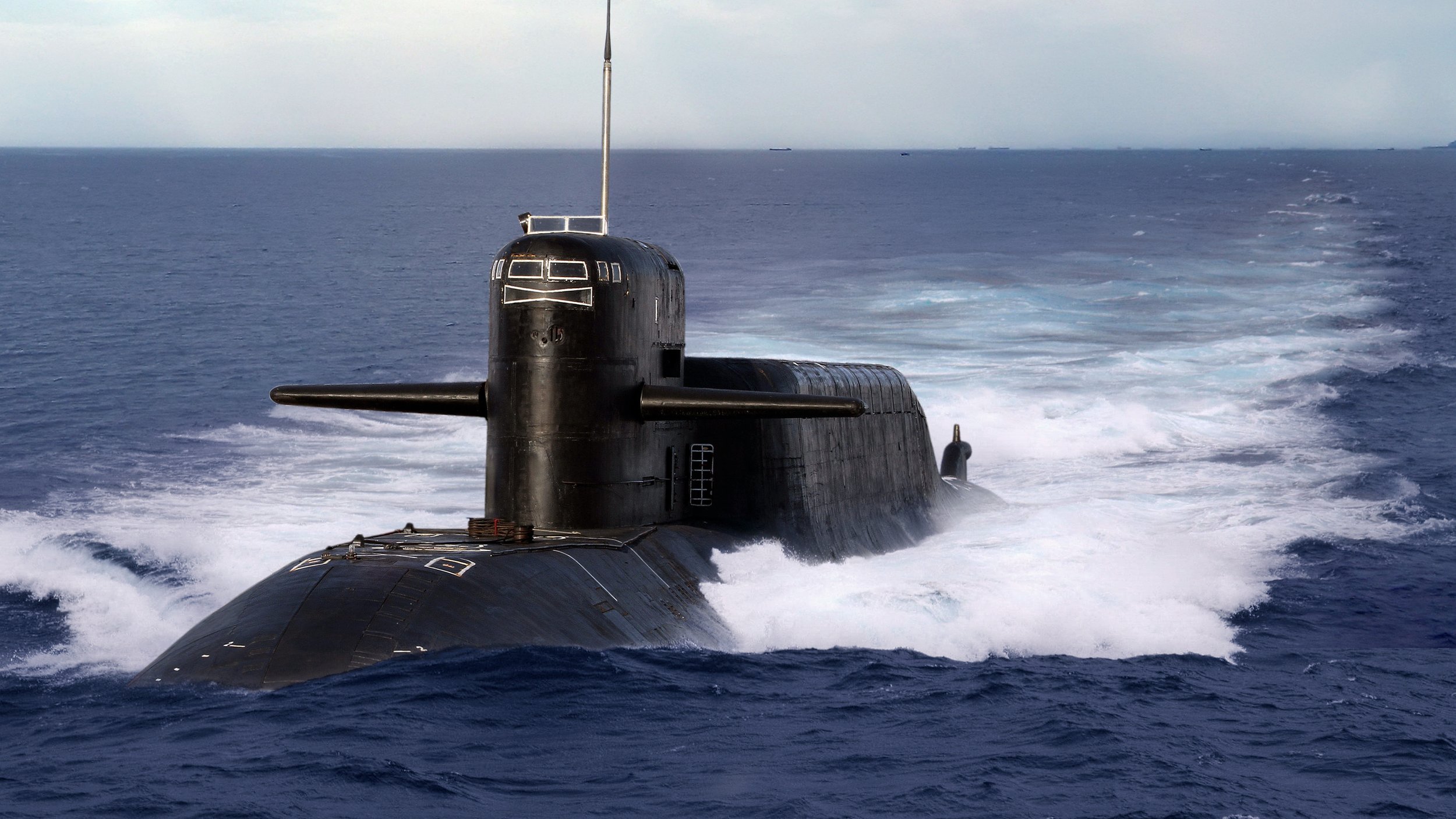Testing the waters
Labor is on the cusp of making a very dangerous decision which would clearly be against our national security interests. By Peter Dutton.
When the AUKUS agreement was signed last September, it was historic because the US had only ever shared their nuclear submarine technology with the UK – and that was in 1958.
The UK operates the Astute-class nuclear sub and the US operates the Virginia-class. AUKUS meant both countries were willing to allow us to acquire either the Astute or Virginia design.
Why do we need a fleet of nuclear subs? We need the nuclear technology because the advice from our experts was clear: diesel-electric submarines would not be able to compete against the Chinese in the South China Sea beyond 2035. The diesel-electric submarine needs to come to the surface to “snort” – recharge her batteries – and would be detected by emerging radar technologies.
The current-generation nuclear reactor onboard powers the submarine for 32 years without needing to refuel and underpins the stealth capability essential to the operation of a submarine. It does not need to resurface and can lurk at great depths for months at a time and is therefore very difficult to detect. It provides an incredible deterrent capability against any adversary.
The trouble is it takes years to establish a domestic nuclear submarine-building industry from scratch, but we need to acquire the capability much quicker than that. Australia entered into an 18-month process with the US and UK to discover the best way forward. Should we go with the US Virginia design or the British Astute-class? Should they be built in Australia? Could there be an interim solution – a refuelled Los Angeles class, for example? A basing of US and or UK subs in Australia? We are still in the 18-month window and, as the former defence minister, I want to thank our partners for the way in which they have conducted negotiations. Everything has been on the table and their approach to helping us has been remarkable.
As we weighed up the alternatives it became obvious to me that the Virginia-class was our best option. It is capable of launching missiles vertically, and is a mature design.
The British option would have involved a new design, which is problematic in any ship build because time and cost blowouts and design faults are inevitable.
But there was another very important reason. I believed it possible to negotiate with the Americans to acquire, say, the first two submarines off the production line out of Connecticut. This wouldn’t mean waiting until 2038 for the first submarine to be built here in Australia. We would have our first two subs this decade. I had formed a judgment that the Americans would have facilitated exactly that.
The further eight subs (we had always said at least eight), making 10 in total, could have been built in South Australia, which honours our commitments.
To honour and respect our British partners, we could have accompanied the decision to go with the US Virginia design with an order for more Hunter-class frigates, or other British defence materiel acquisition.
Defence Minister Richard Marles has this plan laid out in front of him, but his early comments on the topic are alarming. He is now talking about a mid-2040s delivery date – and even worse, he is talking about building a new class of diesel-electric submarines.
Simplistic suggestions that there can be a “son” of Collins – that is, a new class of submarines designed and built in Australia before the nuclear subs arrive – shows Marles hasn’t sought advice from his naval advisers, or he has rejected their strong advice that this option is unfeasible.
It is unfeasible because he wouldn’t have the new class of subs (with old diesel-electric systems) in the water before the Chinese have the technology making them easily detectable and inoperable. And as defence leaders here and in the US strongly advised me, Australia doesn’t have the construction workforce, let alone the crew capability, to run three classes of submarines.
I am speaking out on this topic because Labor is on the cusp of making a very dangerous decision which would clearly be against our national security interests.
As the Chinese fighter jet incident has demonstrated in recent days, we are living in uncertain and dangerous times. We should continue to encourage the Americans to base some of their Virginia-class subs here in our waters. I believe this is achievable and should be pursued vigorously.
The Americans – like the UK, India, Japan and many others who are reading the intelligence – understand the threat environment in which we live in the Indo-Pacific.
Peter Dutton is the leader of the federal opposition. This op ed first appeared in The Australian and has been republished with permission.

